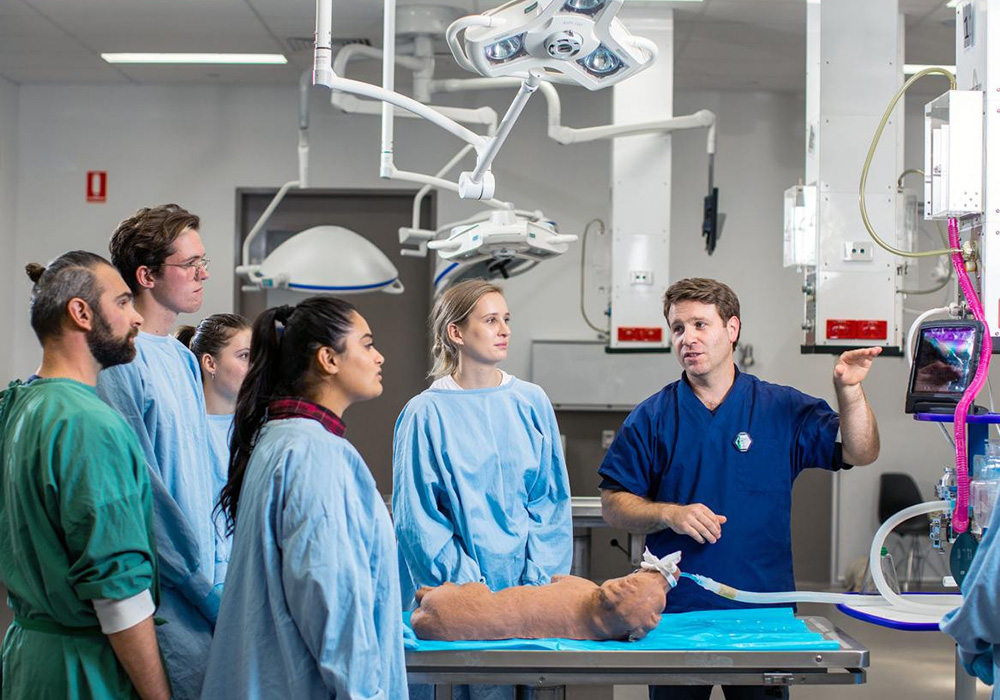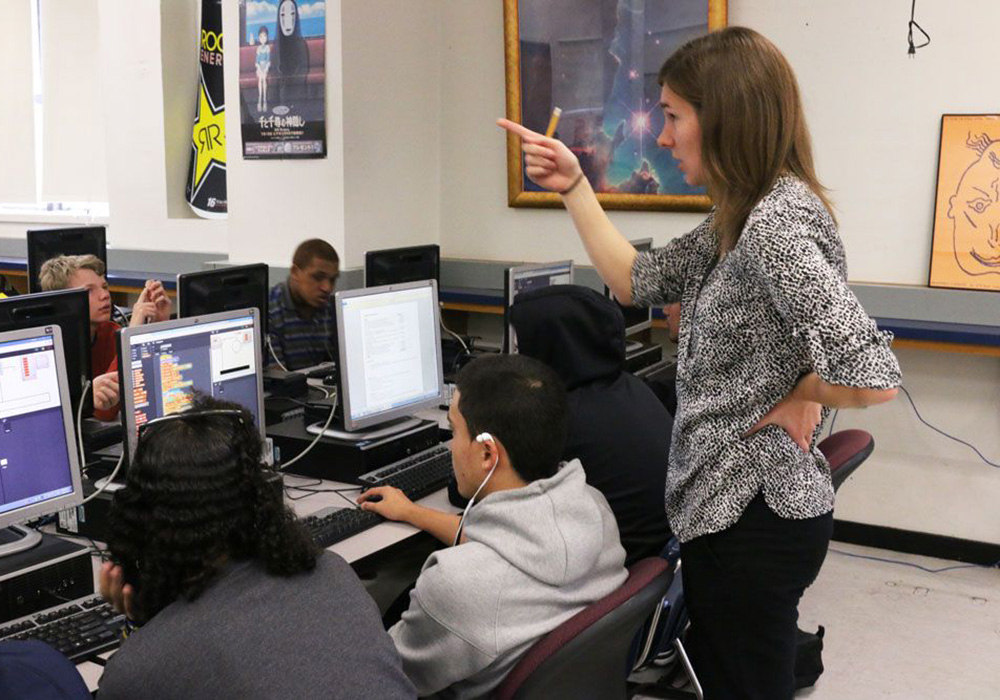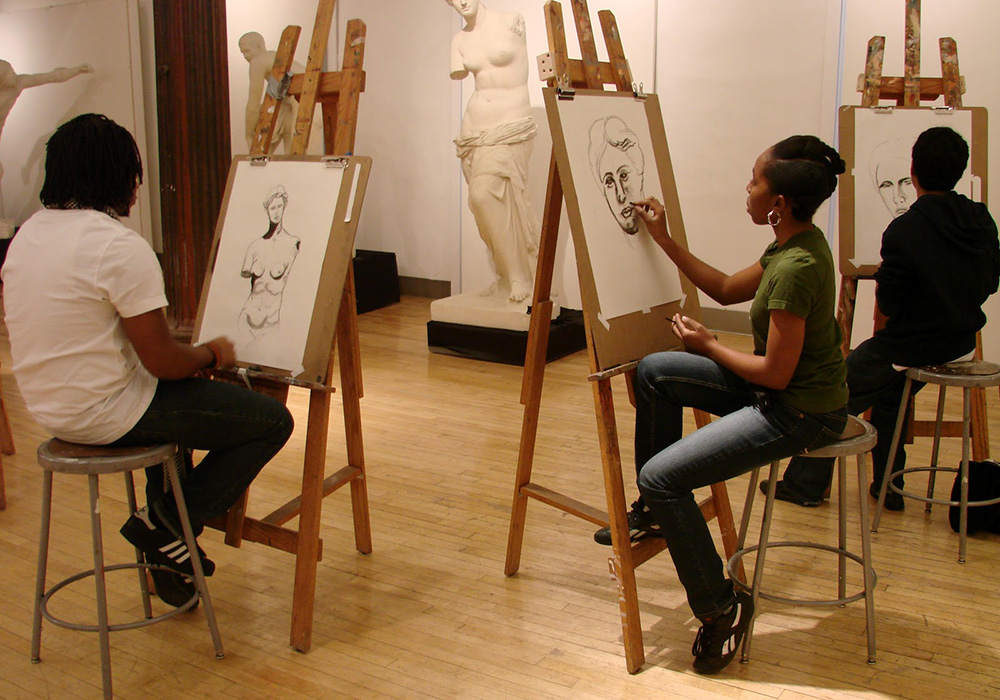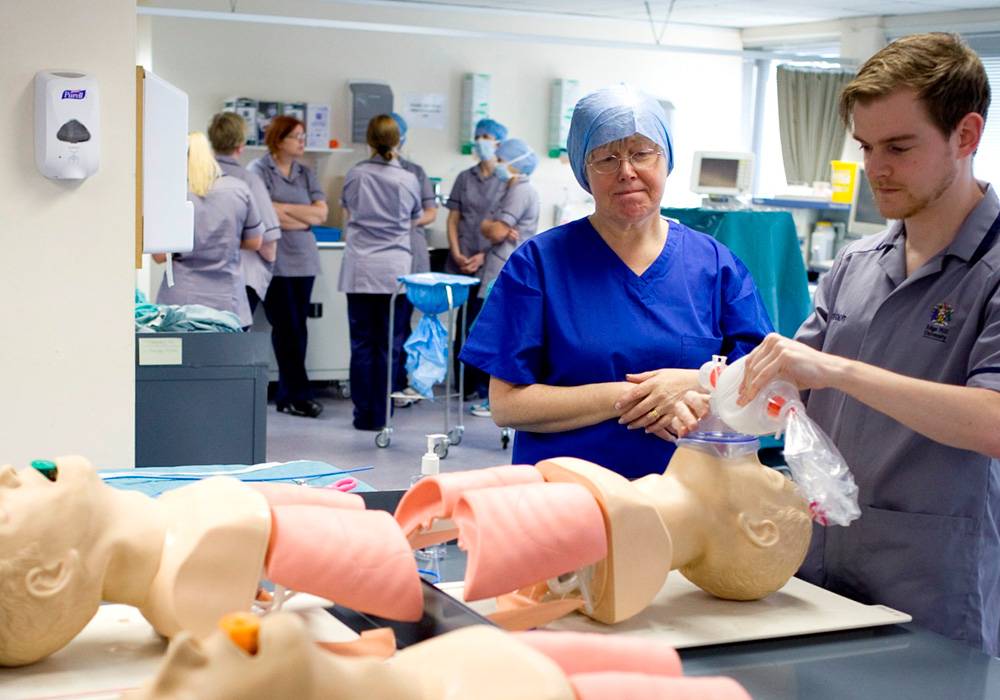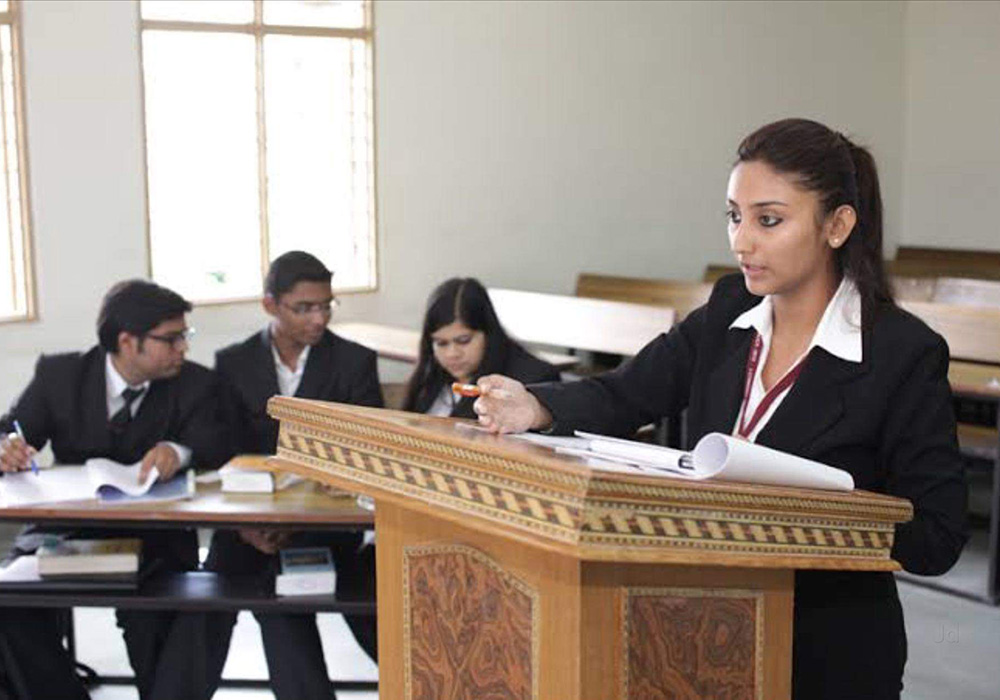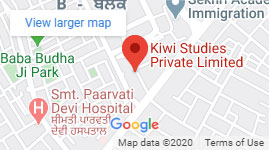New Zealand today is the most rapidly upcoming study abroad destination. More and more number of students are choosing New Zealand as their study abroad destination over other countries. The reasons for the same are varied. New Zealand is much affordable in terms of tuition fees and accommodation, has a strong education system that mirrors the education system of the UK, its qualifications are globally recognized, enables students to work part-time during the term and full time during vacations and offers wide opportunities for professionals.
While New Zealand has something to give to each of its prospective students, it is popularly known for offering a unique course that we will be briefing you on.



